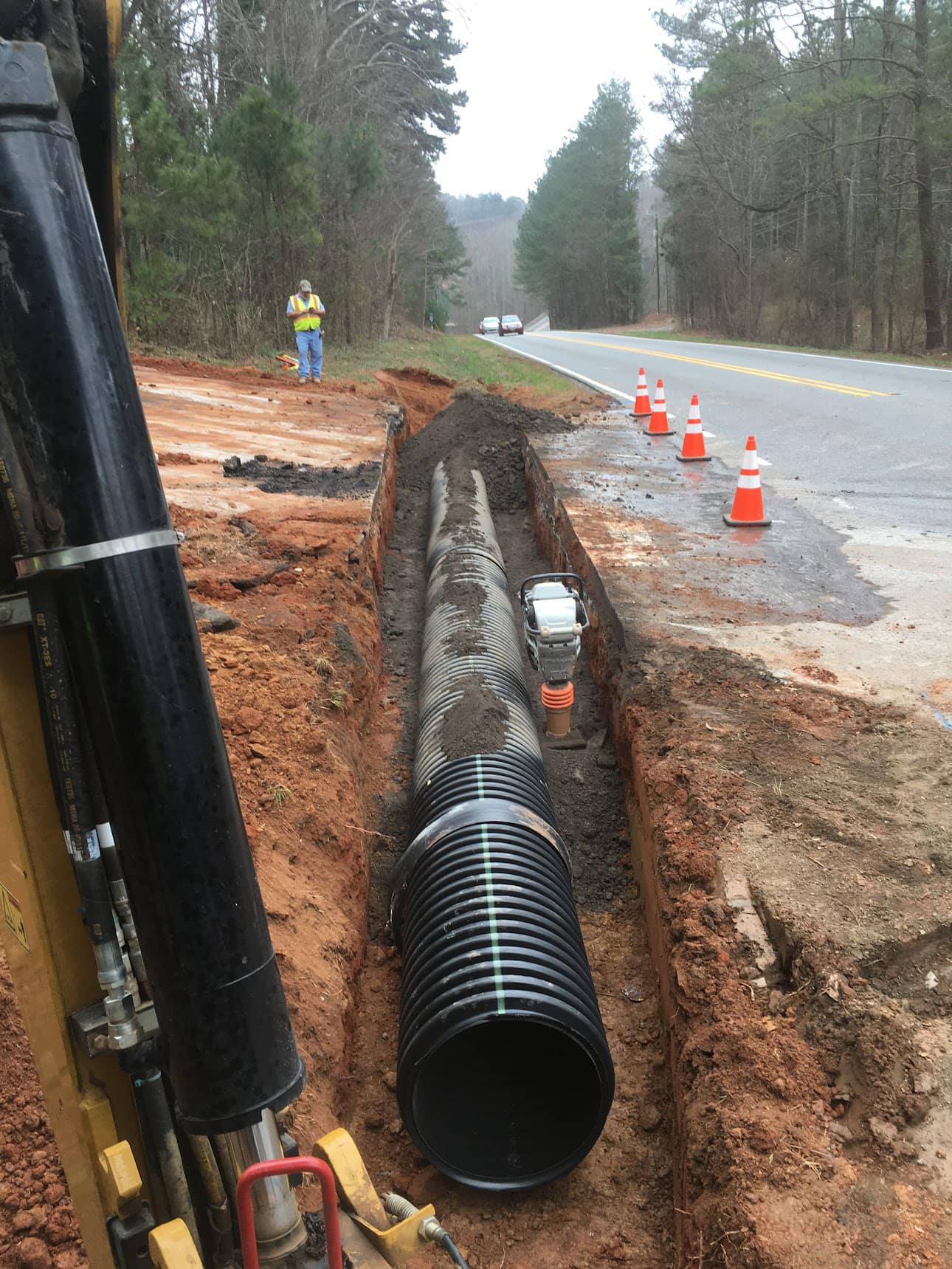
Septic System Do's and Don'ts: Expert Advice from Milford Septic and Plumbing Oct 06, 2025
One of the most important things you can do to maintain your septic system is regular inspection and maintenance. We recommend that homeowners schedule professional inspections every three to five years. Regular inspections help catch potential problems early, preventing costly repairs down the line. During these inspections, the professional can assess the sludge and scum levels in your tank and determine if a pump-out is necessary.
Conserving water is another vital aspect of septic system care. Excessive water use can overload the system, leading to malfunctions. Fix leaks promptly, use water-saving fixtures, and try to spread out your laundry loads over several days. By reducing water usage, you can extend the lifespan of your septic system significantly.
It's also essential to be mindful of what you flush. Only human waste and toilet paper should go down your toilet. Items like wet wipes, sanitary products, and diapers can cause blockages that lead to severe septic system issues. Similarly, avoid dumping grease or food scraps down the sink, as these can clog the septic tank's drain field over time. By limiting non-degradable materials, you’re helping maintain the efficiency of your septic system.
On the flip side, installing a garbage disposal is not advisable when you have a septic system. The extra solids that grinders produce increase the accumulation of sludge and scum in the tank, necessitating more frequent pumping.
Equally important is managing the area around your septic system with care. Planting trees or shrubs near the septic system can lead to root intrusion, a common cause of septic failure. Roots can penetrate the pipes, causing blockages and system backups. Ideally, keep trees and shrubs at least 30 feet away from your septic tank and drain field. Grass, with its shallow roots, is a much better ground cover for these areas.
Next, be cautious about where you drive or park vehicles. Heavier vehicles can compact the soil and damage the septic system components buried beneath. Ensure no parking or driving takes place over any part of your septic system to avoid unanticipated failures.
Lastly, avoid using chemical septic tank additives. While these products are often marketed as beneficial, they can disrupt the natural bacterial balance that your tank needs to break down waste. A balanced microbial environment is crucial for effective septic treatment.
In conclusion, a proactive approach to septic system care can spare homeowners from costly repairs and headaches. By following these expert tips from Milford Septic and Plumbing, you can effectively manage your system's health and ensure it functions smoothly for years to come. If you have any concerns or need professional assistance, do not hesitate to reach out to Milford Septic and Plumbing. Our experienced team is here to help you maintain a trouble-free septic system.
/filters:no_upscale()/media/82803120-f276-4bc6-9d1e-b8052b3d555f.png)
/filters:no_upscale()/filters:format(webp)/media/43549857-b606-4eed-ae2a-11af7a7de188.jpeg)